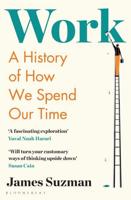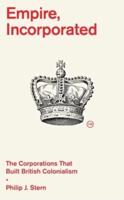Publisher's Synopsis
Cooper's subtle and seminal work examines the critical decades of transition from a slave-based plantation system in East Africa to a colonial economy based on wage labor. While British officials hoped to create an efficient and productive class of agrarian workers, the original Arab and Swahili landlords and slaveowners tried to redefine their old mechanisms of domination in order to maintain them. Yet the ex-slaves themselves had a quite different agenda: to acquire access to land on their own terms, and to shape their own working conditions.
The processes of interaction and struggle among these three groups shaped the outlines of social and economic development along the Swahili coast through the remainder of the twentieth century. Cooper's comparative analysis is penetrating, and his book retains a central position in historical scholarship.









